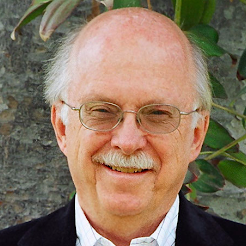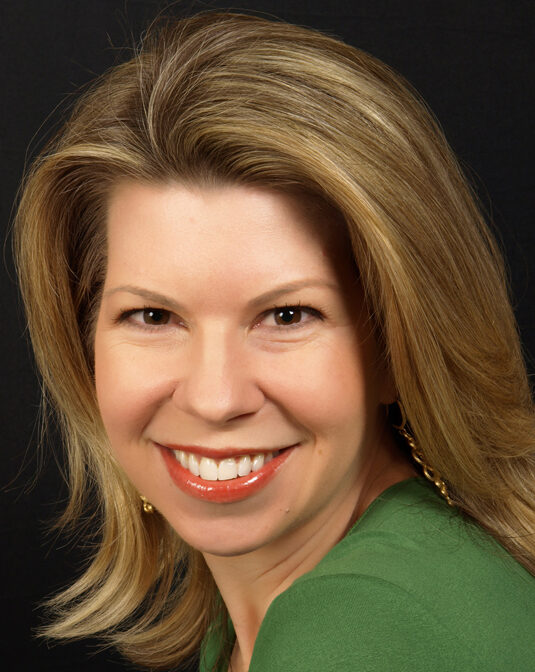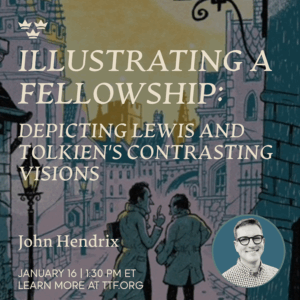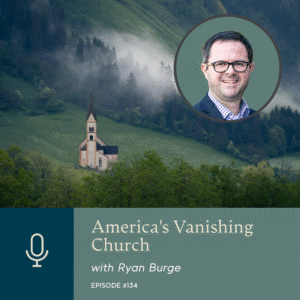The Unlikely Heroism of Joshua Chamberlain With Ronald C. White
October 30, 2023
Overview
Speakers
-
 RONALD C. WHITE
RONALD C. WHITE -
 CHERIE HARDER
CHERIE HARDER
SHARE

